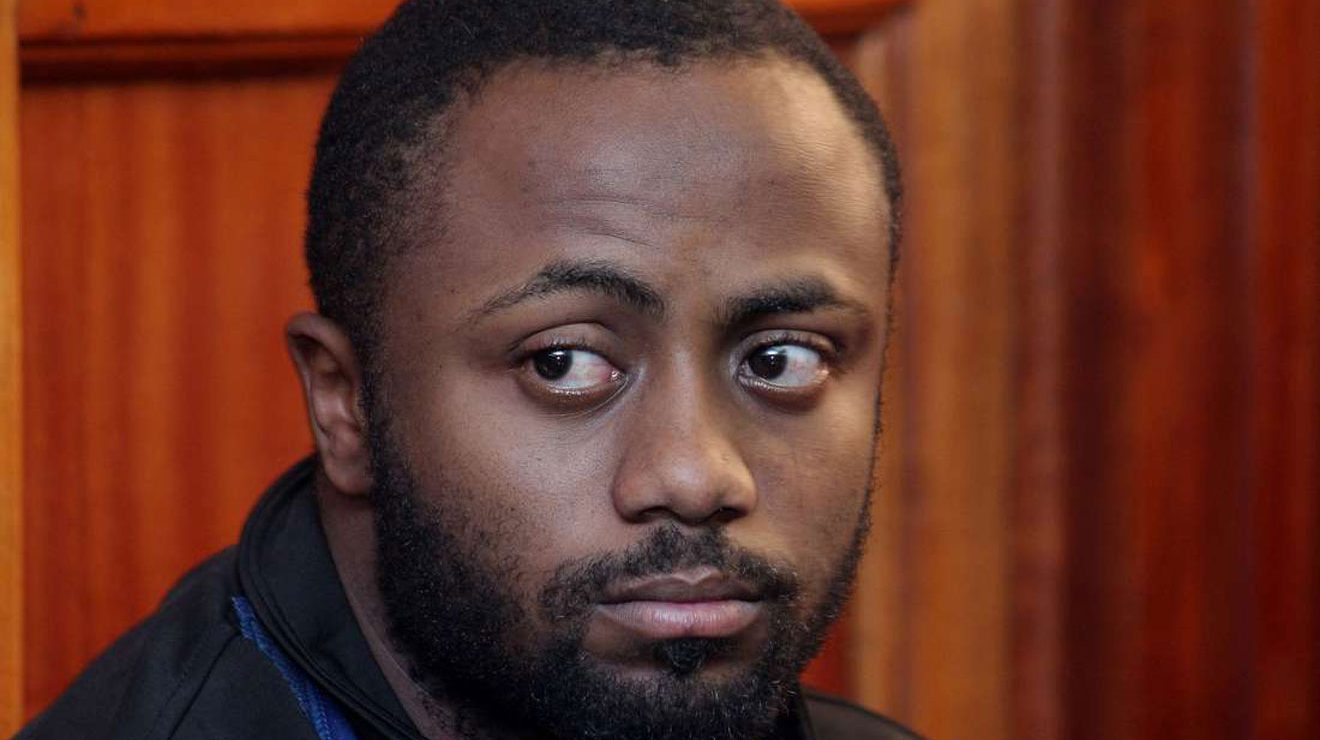- On March 13, 2024, High Court judge Grace Nzioka ruled that the murder of Monica Kimani was "intentional."
After the Death Sentence given to Joseph Irungu alias Jowie over the murder of businesswoman Monica Kimani in 2018, many Kenyans have been left with questions about what the death sentence means to Jowie.
On March 13, 2024, High Court judge Grace Nzioka ruled that the murder of Monica Kimani was "intentional."
The saga began on the night of September 19, 2018, when Monica Kimani was found brutally murdered in her apartment. Her death sent shockwaves through the country and led to the arrest of Jowie, the then-fiancé of TV presenter Jacque Maribe.
Among the comments on X by users include:
@dicksonochora
Read More
By death sentence, does it mean killing him, or it's a life sentence?
@karmellohype
Will he be hanged or electric chair…ama death penalty kenya iko aje?
@JayTeeJuma
Is life imprisonment and death sentencing the same thing nowadays?
@ItsErwoti
Any law expert here to tell us what 'death sentence' means.
In Kenya, the law states that anyone who intentionally caused the death of another person would be guilty of the crime of murder. The punishment for such heinous crimes, along with robbery with violence, treason, and other capital offences, was hanging, according to Penal Code Section 204.
The death penalty had a long history, dating back to 1893 during the pre-colonial era, but its usage was infrequent before colonization.
In the United Kingdom, the Murder Act (Abolition of Death Sentence) of 1965 temporarily suspended the death penalty for murder. In 1969, most House of Commons voted to abolish it permanently.
As Britain's colonies, including Kenya, gained independence, they could retain or abolish the death penalty. Kenya, ultimately, decided to keep it intact.
Since the execution of Hezekiah Ochuka and Pancras Oteyo Okumu, the leaders of the failed 1982 coup attempt, Kenya has not carried out any further executions.
In 2017, the Supreme Court declared the mandatory death sentence unconstitutional, granting judges the discretion to choose between the death penalty and life imprisonment.
It's important to note that the ruling deemed the compulsory aspect of the death sentence unconstitutional, not the death sentence itself.
Despite this legal provision, Kenya has refrained from executing any convicts for over 30 years. Presidents Mwai Kibaki in 2009 and Uhuru Kenyatta in 2016 ordered that the sentences of all individuals on death row be commuted to life imprisonment.
However, "life" in Kenya typically means imprisonment until death, with very few prisoners being released before then. Unlike other prisoners, those serving life sentences have no chance of early release based on good behaviour or rehabilitation.
Their only hope lies in applying for a sentence reduction through the Committee on the Power of Mercy.
The death penalty remains a complex issue, intertwining questions of justice, morality, and the potential for irreversible errors. As societies continue to grapple with these complexities, the discussions surrounding the death penalty will persist, prompting a closer examination of its place in the pursuit of a just and humane society.




-1772102940-md.jpg)


-1772090413-1772095461-md.jpg)


-1772102940-sm.jpg)

